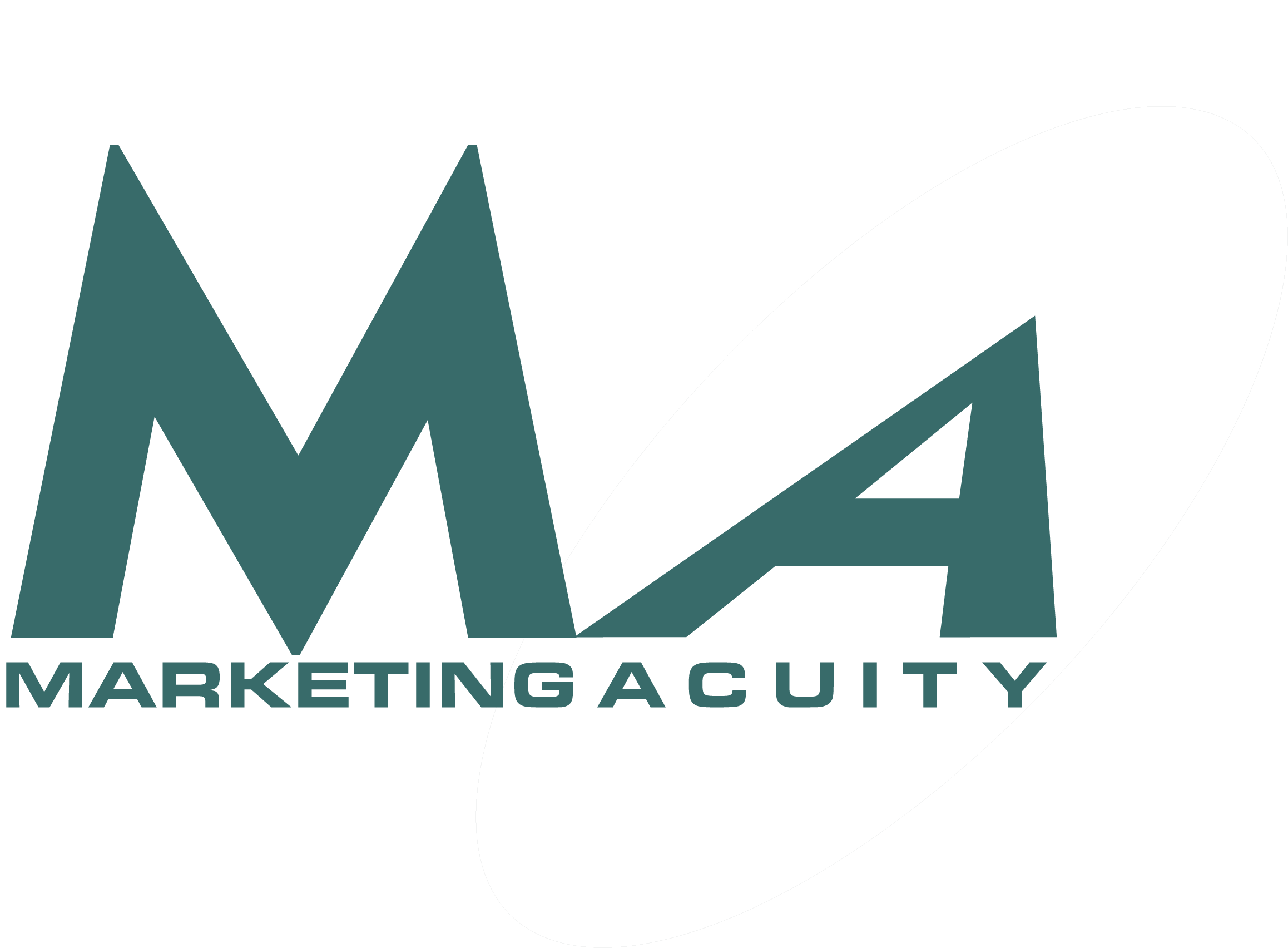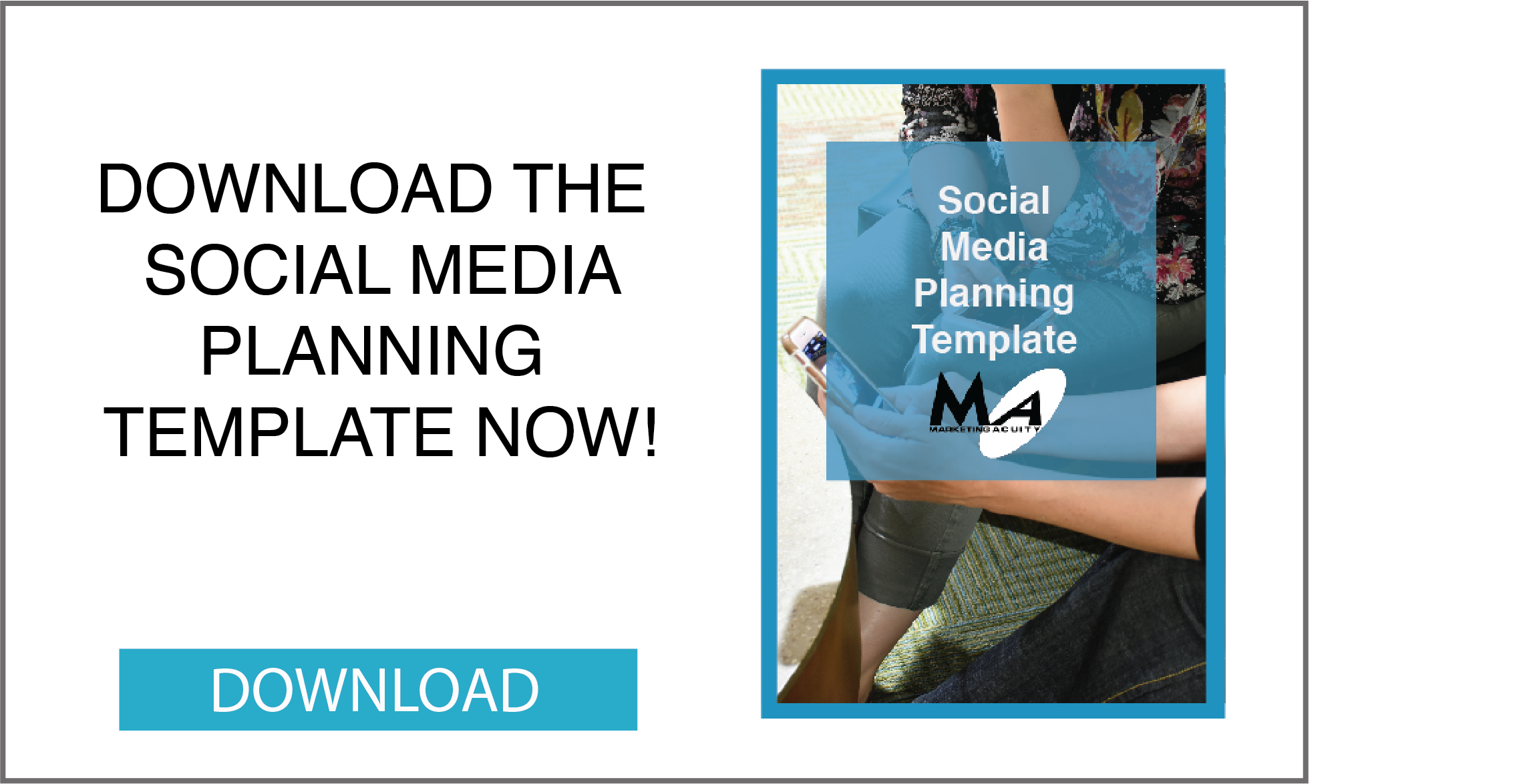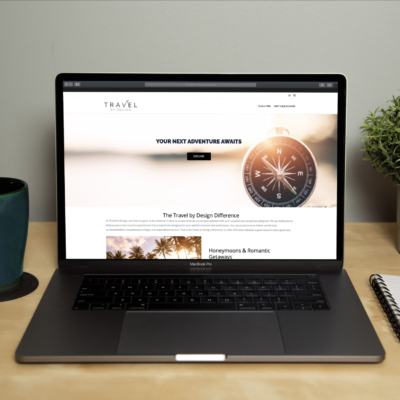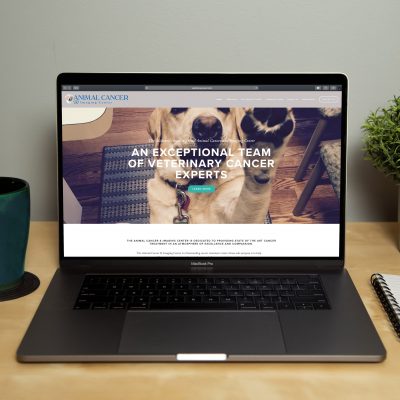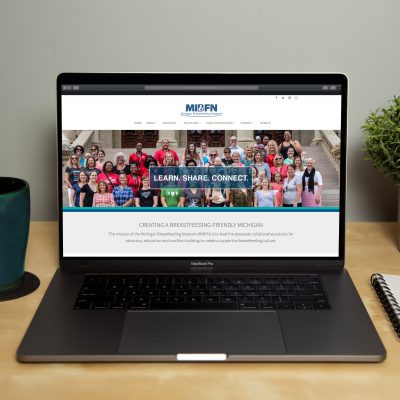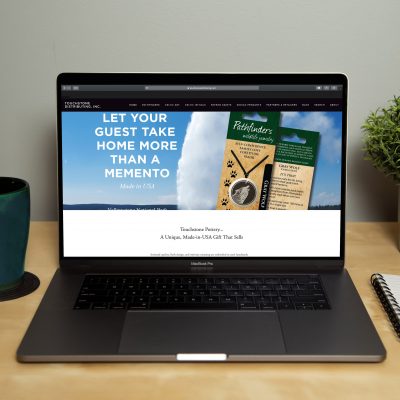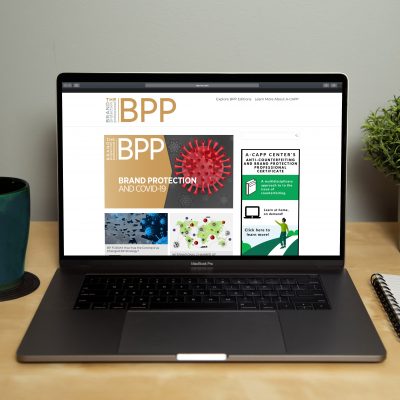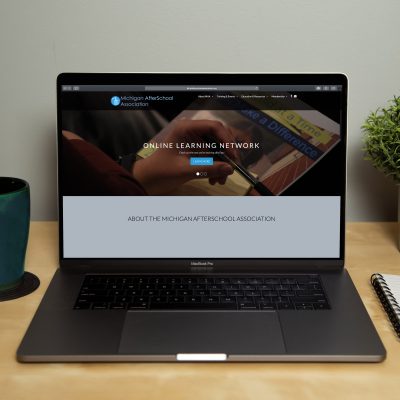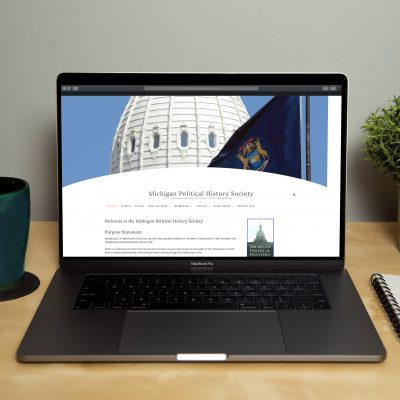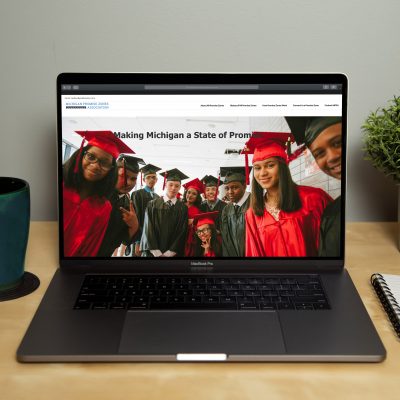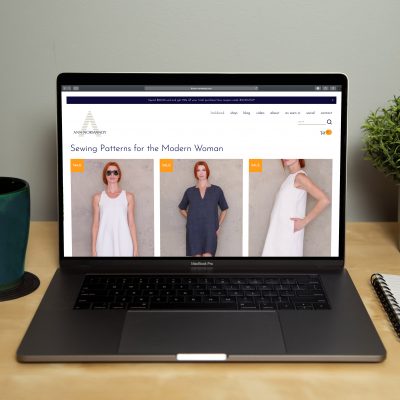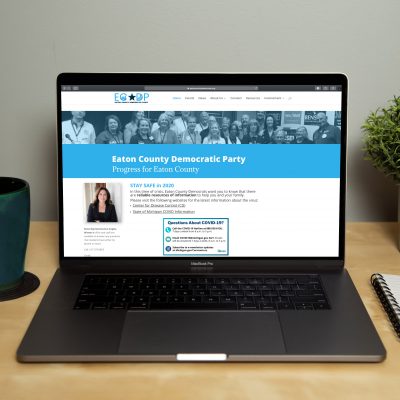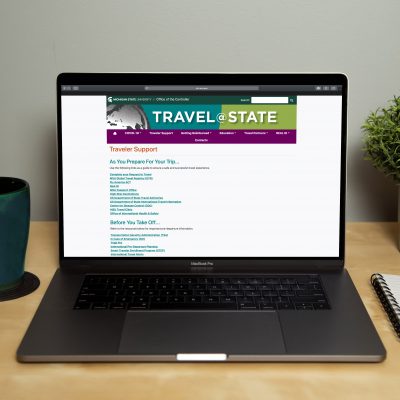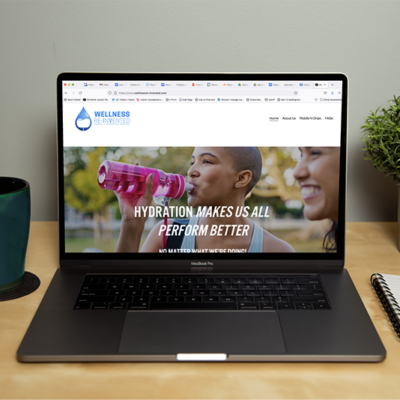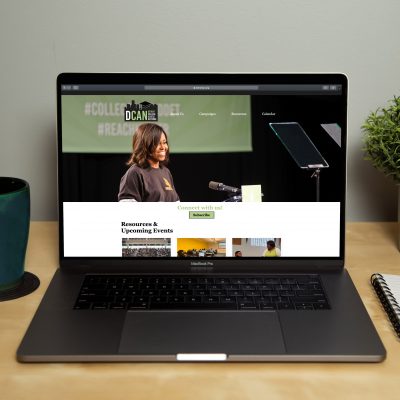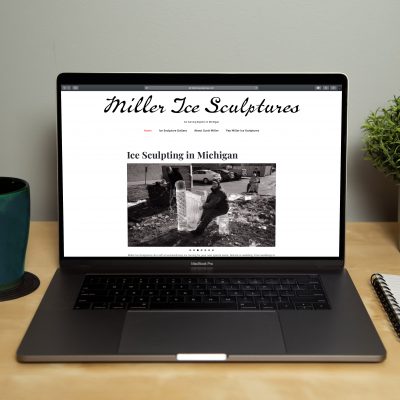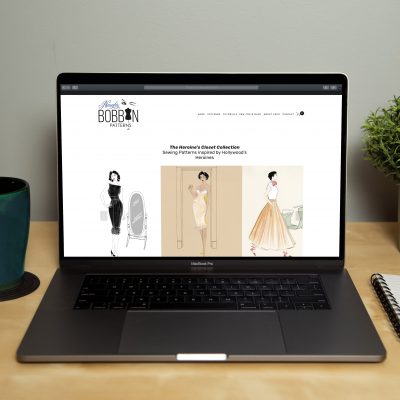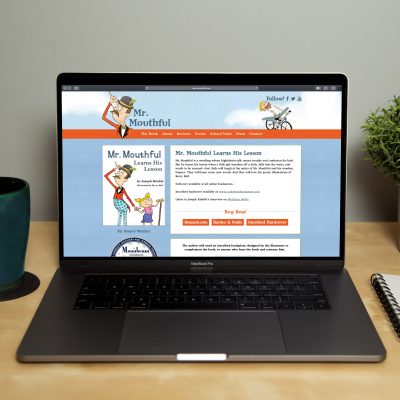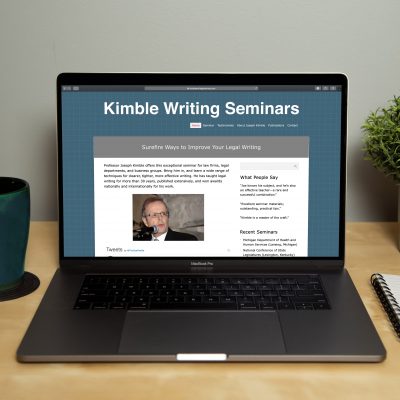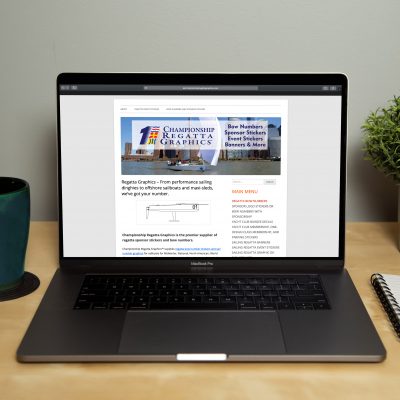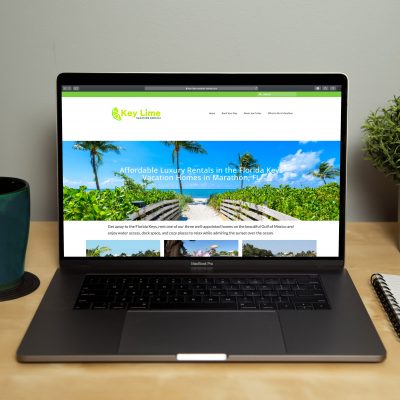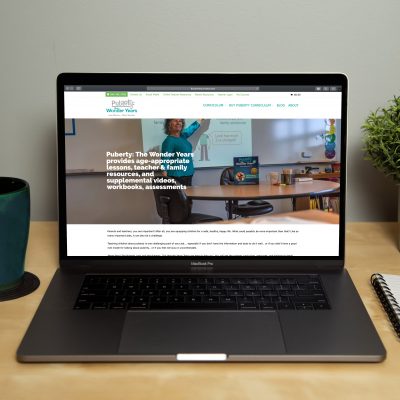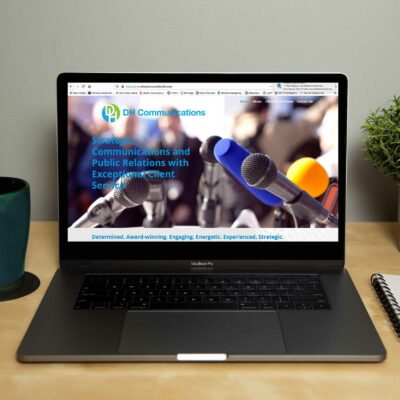It’s getting ugly out there, folks. With last week’s exposure of data analytics firm Cambridge Analytica using YOUR (and my) Facebook profile, likes and friends data to sully democracy in the USA, there’s a movement afoot to “delete Facebook”. Or rather #deletefacebook.
Is this really happening? Yes, yes it is. We’ve all seen less traffic, due to the algorithm change, noted here, but it’s more than that. Clients are actually telling us “I’m not on Facebook anymore, is there any other way to participate?”
Groups are affected as well – when groups are less populated, the conversation dwindles and so does the excitement. We’ve been using boosted posts to get people to join private groups (and so far, everyone’s behaving themselves in them), but it’s not a good trend for those of us who heavily use Facebook for our marketing.
Know that this breach is pretty serious. The quizzes your friends fill out and post are the responsible culprits for sending the data. Facebook gave (sold) the data to a researcher, and that data was used it for the nefarious purpose of profiling and targeting during the election cycle in 2016. As more is uncovered in the analytics scandal, you’ll find that while you consent to give Facebook your data, they have to inform you when it’s sold or used, and that’s where they’ll get in trouble. Your customers are nervous. Most of them filled out those quizzes (not polls), many used “login with Facebook” on other services and many of them are feeling like they have to get off the platform. The end result is some are staying only to spend less and less time with all brands (including yours.)
What can you do?
Encourage your members to join your group, police it heavily to ensure no politics or divisive topics come up. Give them a reason to stay active on the group by offering special things – tips, advance notice of sales, helpful how-to content – that keeps them coming back to the group.
Consider Instagram. Know that people don’t want to leave Instagram to buy things, but they do like to stay engaged, particularly with brands that can produce visuals well.
Use other channels like Pinterest. Pinterest is showing uptick in referrals to web sites, and though the percentage of users on it pales in comparison to Facebook, it does help with longer term organic search traffic. Pinterest is not a social network, but a visual search engine. If it is a fit for your audience, create a profile and begin pinning.
Engage with them off social media – use your blog, e-mail list to connect with customers. Your blog, with commenting managed well, can be a back-and-forth discussion tool (use tools like Akismet for spam protection and monitor it daily.) Use your email list – every contact should be encouraged to join your list to find out about specials and upcoming notifications. You should be sending e-mail no less than once per week.
Make every transaction personal by sending a thank you email. An engaging and creative order confirmation email is a smart way to engage them. Record a thank you video to humanize your reply and include the link in your order confirmation e-mails. You can use this with your lead capture emails as well, just embed the code for the video in the auto reply email. If you’re not using lead capture or don’t know how to customize your order confirmation e-mails, your web and marketing team (raises hand) can help you.
Marketers have been using social media, and in particular Facebook, because their audience spends so much of their free time on the platform. But we can’t rely on it. We don’t own it, and we don’t control it. Using your time now to branch out from Facebook is smart idea. We’ll have more ideas about Messenger apps for marketing in future articles.
Want to plan your social media using less Facebook and more of other platforms? This easy-to-use week-by-week planner, available in Excel, allows you to plan out your social posts, and monitor their performance.
